Question And Answer
Publications
Articles, publications, books, tools and multimedia features from the U.S. Institute of Peace provide the latest news, analysis, research findings, practitioner guides and reports, all related to the conflict zones and issues that are at the center of the Institute’s work to prevent and reduce violent conflict.
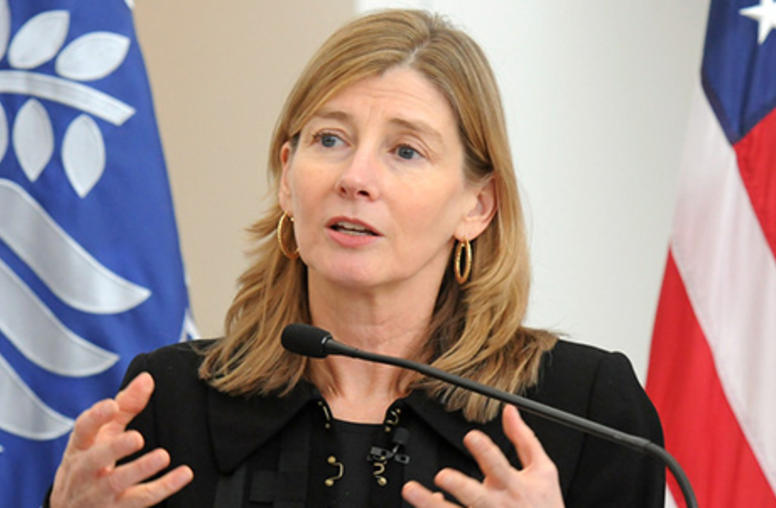
A Rising Challenge: the World’s 'Fragile' States
America’s foreign interests, including its security, increasingly are challenged by the world’s “fragile” states—those in which “governments are weak, ineffective or disconnected from their people,” according to Nancy Lindborg, president of the U.S. Institute of Peace. Across the world, it is in such fragile states that poverty and violent conflict are becoming concentrated, Lindborg said in speeches this month in Texas.
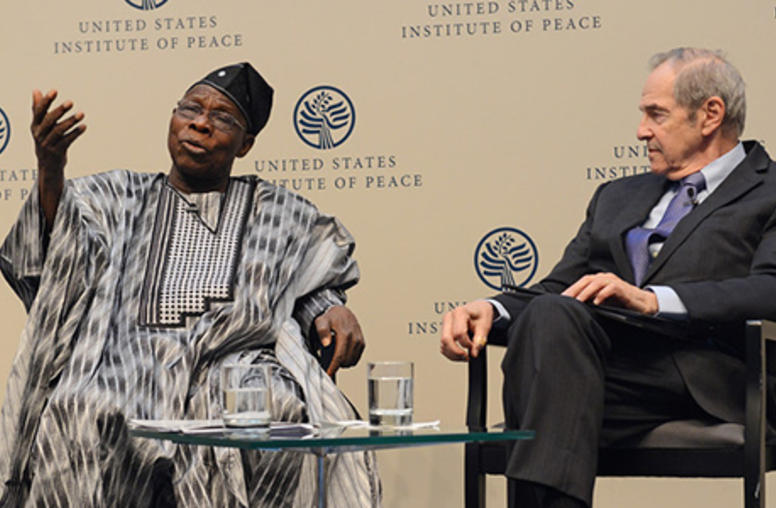
Nigerian Ex-President Obasanjo: Advance Africa’s Democracy with Exit Ramp for Leaders
Former Nigerian President Olusegun Obasanjo, who led his country’s return to civilian democratic government after decades of military rule, said Africa’s traditions of consultation with elders and forms of peer review can promote public accountability and provide a way for controversial leaders who are fearful of giving up power to step down in favor of a future of statesmanship.
Iraq Needs International Pressure, Unity to Stem Violence, Lawmaker Says
Iraq’s ethnic and sectarian divisions, fueled by regional competition among Iran, Saudi Arabia, Qatar and Turkey, also suggest a way toward a resolution, according to Yonadam Kanna, a member of Iraq’s parliament. It will take internal and international pressure for reconciliation and urgent assistance for rebuilding areas destroyed by the fighting, he said in a recent roundtable at USIP.
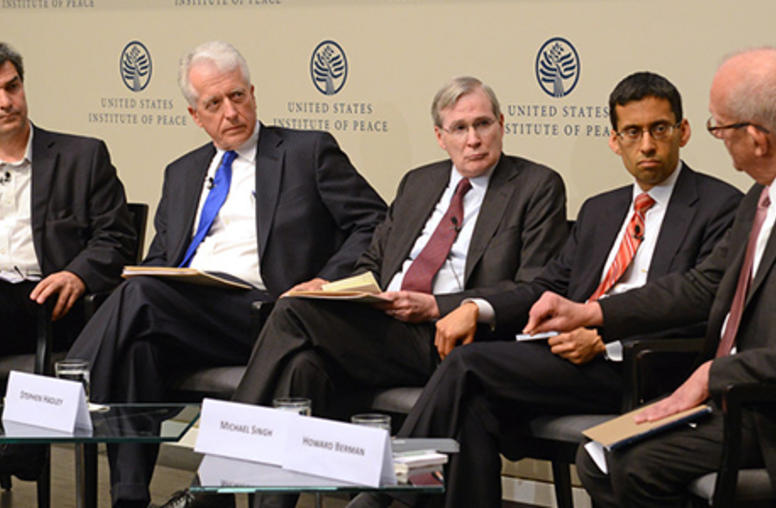
Will U.S., Iranian Politics Undercut a Nuclear Deal – or Save It?
A former Iranian lawmaker and a former member of Congress agreed that the question of whether American politics will give President Barack Obama the leeway he needs to reach a nuclear deal with Iran remains one of the central issues as negotiations resume this week. The Middle Eastern nation and the world’s six major powers face a June 30 deadline for converting a blueprint into a final agreement.
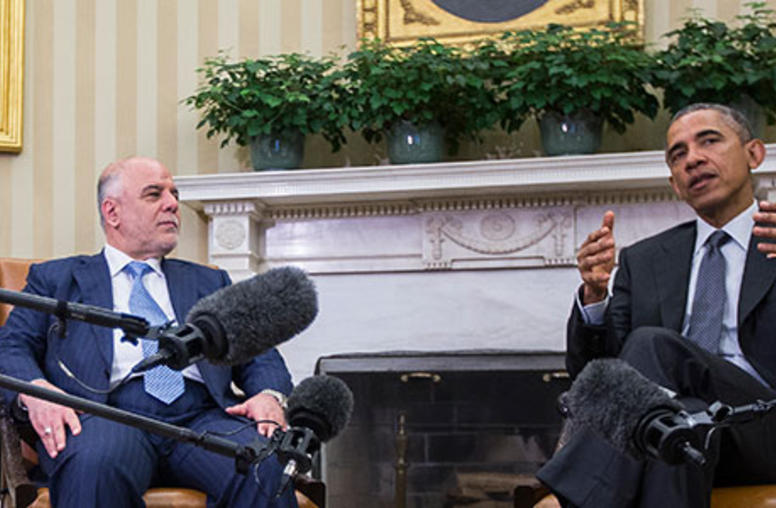
Winning the Peace in Iraq is Bigger than Winning the War
The plan for Iraq's future needs to go deeper than defeating the Islamic State.
Why Ukraine Matters and Why the U.S. Should Help
Last year’s unexpected Russian invasion and annexation of Crimea and its hybrid war in eastern Ukraine raise profound questions about the future of European security and the U.S. role in maintaining peace, says USIP Acting Executive Vice President Bill Taylor.
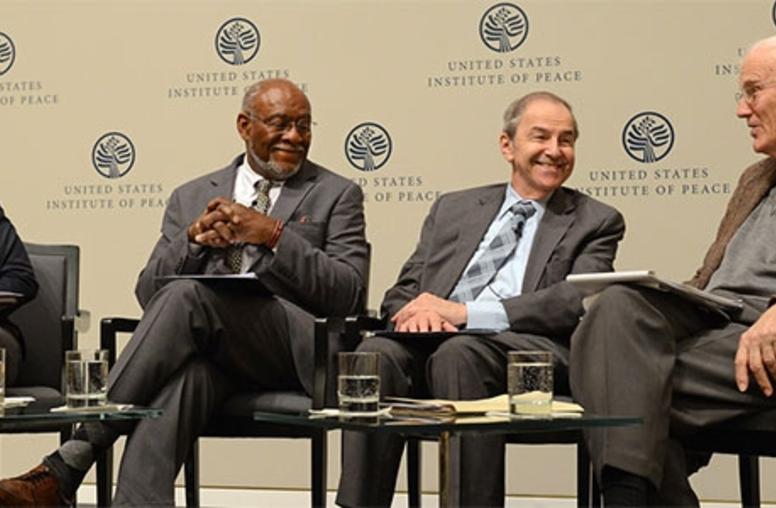
Democratic Vote Offers Nigeria a Chance to Rebuild, and to Lead Africa
Last week’s historic Nigerian election result—a first-ever, prospective peaceful transfer of power between civilian political opponents—could strengthen democratization efforts across Africa, according to analysts convened by the U.S. Institute of Peace. And it opens new prospects for the continent’s demographic and economic giant to strengthen governance, clean up corruption, and reverse the spread of the Boko Haram insurgency. The U.S. administration should show support for President-elect ...
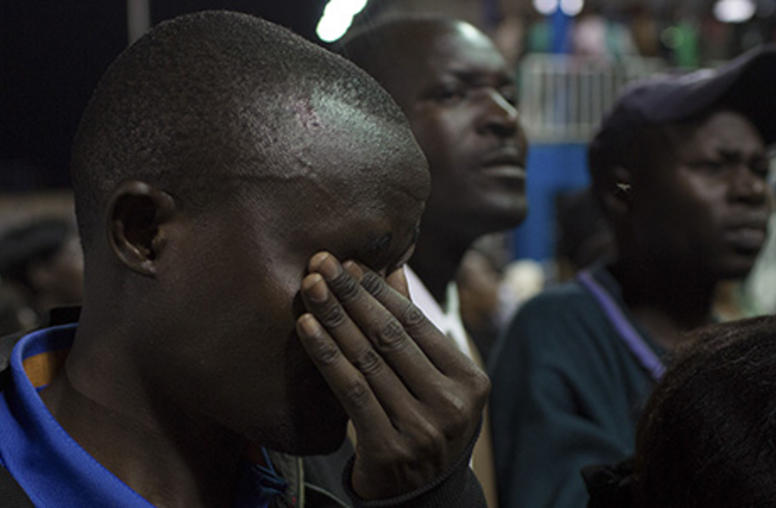
Kenya Needs a Broad Strategy Against Al-Shabab
Kenya’s government must adopt a broader strategy to counter extremist violence such as last week’s attack by the militant group al-Shabab at Garissa University, according to two experts at the U.S. Institute of Peace. The attack killed at least 147 people, mostly students.
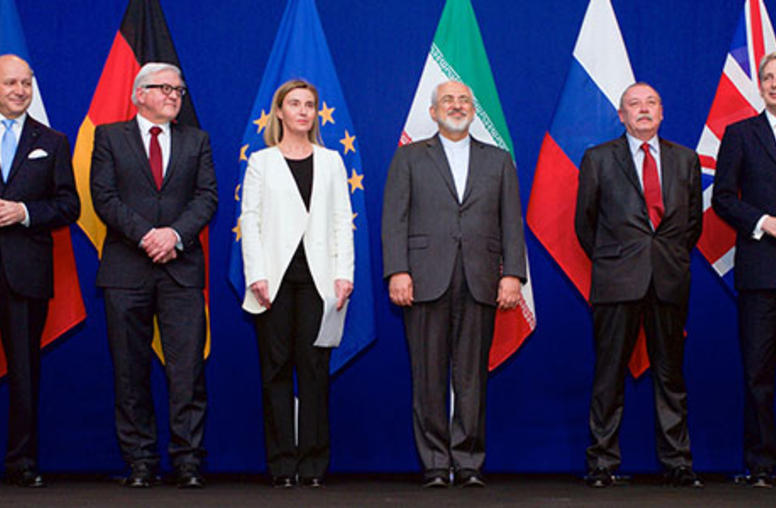
Q&A: In Principle, a Nuclear Agreement with Iran?
Iran has agreed with six major powers—the five permanent members of the U.N. Security Council plus Germany—to limit its nuclear activities for at least a decade in exchange for an end to international economic sanctions. This agreement on principles, announced yesterday, is incomplete. More talks will be needed to decide numerous technical details, including the pace at which sanctions will be lifted. As USIP’s Robin Wright explores the ramifications of the agreement for Iran’s place in the w...
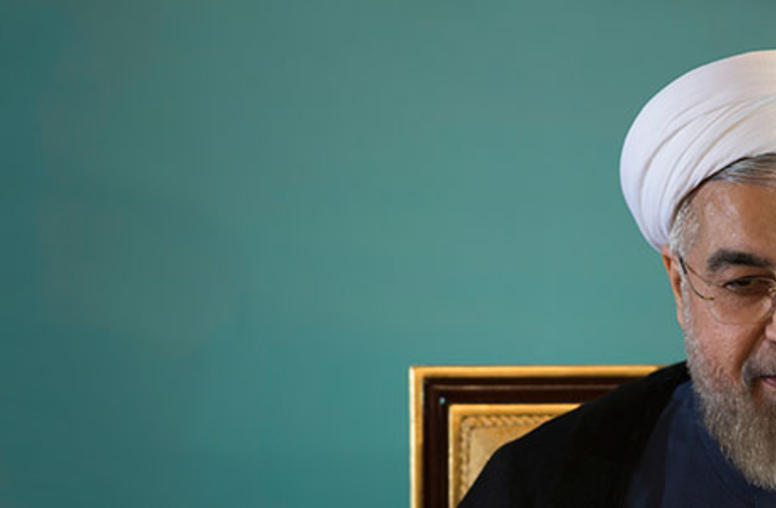
Q&A: Nuclear Deal Will Boost President Rouhani
Yesterday’s announced framework for a deal on Iran’s nuclear program will limit Iran’s nuclear activities in exchange for an end to international economic sanctions against the country. Many experts, including USIP’s Daniel Brumberg, have offered analysis of the agreement’s details, including its chances of preventing Iran from reaching a nuclear-weapons capability. Less attention has focused on the meaning of the accord for Iran and its place in the world. USIP expert and author Robin Wright...